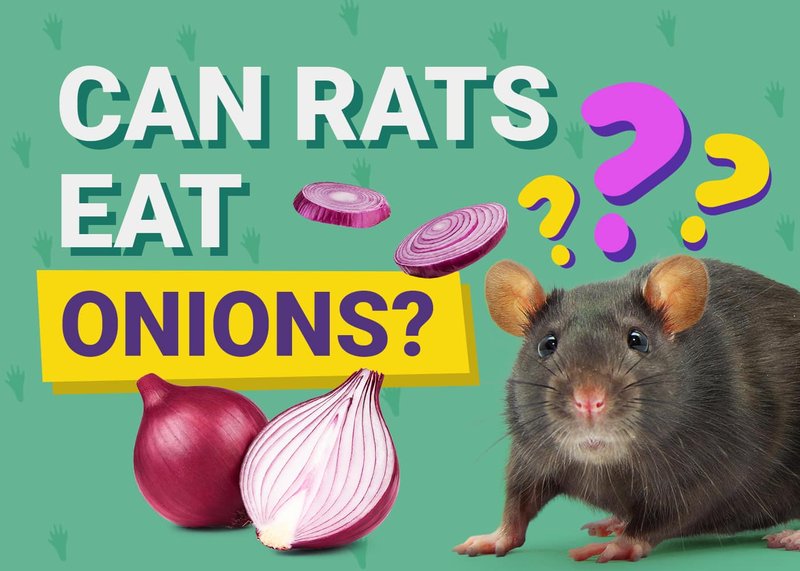
Just like people, Manx rats can struggle with a range of health issues, from respiratory problems to dietary concerns. Understanding these issues can help you become a better pet owner. Today, we’ll dive into some common health concerns you might encounter with your Manx rat and share tips on how to keep them healthy and thriving.
1. Respiratory Issues
One of the most common health problems in Manx rats is respiratory issues. These can manifest as sneezing, wheezing, or labored breathing. Why is this a big deal? Rats have small airways, so even a mild infection can escalate quickly. The most common culprits are *bacterial infections* or *environmental irritants*. Things like dust, mold, or even strong odors can trigger these problems.
To prevent respiratory issues, keep their living environment clean. Regularly change bedding and ensure there’s proper ventilation. Avoid using strong cleaning products or air fresheners around their habitat. Honestly, think of it as creating a cozy, safe space, much like you would want for yourself when you’re feeling under the weather.
Signs to Watch For
When it comes to respiratory issues, watch out for a few signs that might indicate your rat needs a vet visit:
- Sneezing or coughing
- Difficulty breathing
- Runny nose
- Lethargy or lack of activity
If you notice any of these symptoms, it’s best to consult a veterinarian experienced with small animals. Early intervention can make a huge difference.
2. Dental Problems
Another concern that many Manx rat owners encounter is dental issues. Rats have continuously growing teeth, and if they don’t wear down naturally, they can overgrow. This can lead to painful conditions like *malocclusion*, where the teeth don’t align properly. It’s like having too-long nails—eventually, they cause discomfort.
To keep their teeth healthy, make sure your pet has plenty of chew toys and the right diet. Fresh vegetables and hard treats can help them grind down those teeth effectively. Here’s the thing: a well-balanced diet isn’t just good for their teeth; it supports their overall health too.
Preventing Dental Problems
Here are some quick tips to avoid dental issues in your pet Manx rat:
- Offer plenty of chew toys, like safe wood or cardboard.
- Include fresh vegetables in their diet.
- Regularly check their teeth for any signs of overgrowth.
- Schedule vet check-ups that include dental examinations.
Regular checks can help catch issues before they become serious. Think of it as a mini dental check-up for your furry friend!
3. Obesity and Diet Issues
Manx rats love food—you might even say they have a passion for snacking! But while it’s delightful to watch them munch away, overindulging can lead to obesity. This is a serious health risk that can result in diabetes or heart disease. You might be wondering, how do I know if my rat is tipping the scales?
To prevent obesity, it’s important to feed them a balanced diet. Rat pellets should be their main food source, supplemented with fresh fruits and vegetables. Here’s a hint: avoid sugary or fatty snacks, no matter how cute those little faces look when begging!
Healthy Feeding Tips
Consider these tips to keep your Manx rat at a healthy weight:
- Measure their food portions daily.
- Provide a variety of fresh veggies and fruits.
- Avoid treats that are high in sugar or fat.
- Encourage playtime and activity to help them burn off energy.
Remember, a little exercise goes a long way in keeping your furry friend fit and happy!
4. Skin Problems
You may also notice skin problems in your Manx rat, such as dry skin, scabs, or fur loss. These issues can be caused by stress, poor diet, or even parasites like mites. Just like you might experience skin irritation from stress, your pet can too.
To keep their skin healthy, make sure they’re not overcrowded in their cage and that their bedding is clean. Stress-free environments are key to their happiness—and a happy rat is often a healthy rat.
Tips for Healthy Skin
Here are some straightforward ways to support your rat’s skin health:
- Keep their living space clean and dry.
- Look out for signs of stress and reduce their exposure to loud noises.
- Consult a vet if you see excessive scratching or fur loss.
- Ensure they have a balanced diet rich in fatty acids to promote healthy skin.
With a little effort, you can help keep your little buddy feeling great in their fuzzy coat!
5. Tumors and Growths
As your Manx rat ages, they may be more prone to tumors and growths. Unfortunately, these can be quite common in older rats, and they can be benign or malignant. It’s always a good idea to keep an eye on any lumps or bumps, as these can indicate health issues that need attention.
Early detection is crucial. If you notice anything unusual, don’t hesitate to consult with your vet. Regular health checks can catch problems early on, just like regular visits to your doctor can help catch any human health issues.
Keeping an Eye on Changes
Pay attention to these signs that might indicate a need for further investigation:
- New lumps or bumps forming
- Changes in behavior or appetite
- Unexplained weight loss
- Swelling in any part of the body
Your vigilance can make a significant difference in your rat’s health and well-being.
Owning a Manx rat can be a joyful experience, filled with playfulness and companionship. However, staying informed about common health concerns is essential for ensuring they live a happy and healthy life. From respiratory issues to dental problems and everything in between, being proactive is key.
By maintaining a clean living environment, providing a balanced diet, and keeping an eye on any changes, you’ll be well-equipped to spot potential problems before they become serious. Remember, just like you’d watch over a friend or family member, your little furry friend relies on you for the care they need. So, stay attentive, love them well, and enjoy the wonderful journey of pet ownership!

